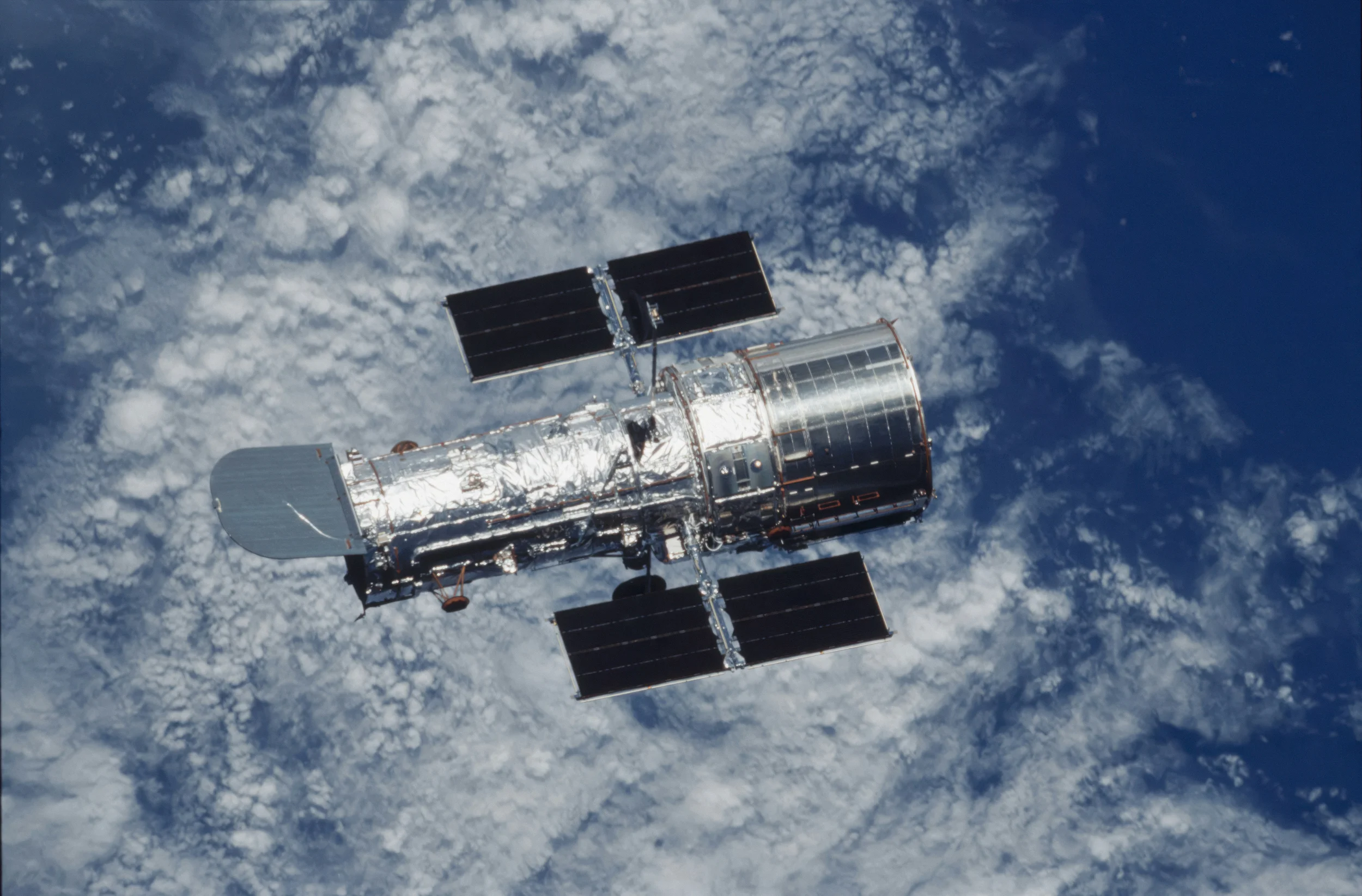

Understanding the Impacts and Value of Earth Observations
Concept
There is a growing emphasis on understanding the societal and economic benefits derived from the applications of Earth science information. Concurrently, there is an increased availability of remotely sensed data from space about the Earth, especially from private sector sources, along with improved analytic capabilities. Determining the specific societal and economic value, particularly in quantitative terms, can be challenging, yet these assessments are critical to justifying the value proposition of Earth science information, guiding future investments, and expanding its use in environmentally related policymaking, business, and other decisions. Equally important is the communication of these benefits to audiences beyond the Earth science community, demonstrating the tangible returns from scientific pursuits. GEOVALUE seeks to generate new knowledge and serve as an expert within this realm.
GEOVALUE is an international community focused on the value and socioeconomic impacts of geospatial information for decision-making. The community envisions a multidisciplinary international network that pursues trustworthy, evidence-based methodologies to assess the use-value of Earth observations. GEOVALUE’s mission is to facilitate the development of capacity, including technically valid methods and resources, to enable widely accepted and broadly adopted assessments of Earth observations’ impacts, and it is committed to the GEO Post-2025 Strategy of providing “Earth Intelligence for All.” As presented in the Strategy, GEOVALUE sees itself as pivotal in the Earth Observation Value Chain, mapping the Triple Planetary Crisis to societal, environmental, and economic benefits through rigorous and established methodologies.
The GEOVALUE Framework consists of accessible case studies, community-accepted methodologies, peer-reviewed publications, and a structured repository to guide practitioners in assessing the impacts of Earth observations. Geospatial information significantly contributes to decisions made by societal decision-makers, business leaders, and individuals. As issues grow more complex, the effective use of this information becomes crucial for future economic and social development. To achieve this vision, GEOVALUE’s community includes a diverse range of disciplines across natural sciences, social sciences, economics, management, and communication. Their activities focus on fostering collaboration across specialties, building trust across disciplines, developing frameworks to structure analyses, providing method options to assess program value, compiling a structured inventory of use cases and methodologies, and organizing international events and webinars. GEOVALUE also publishes peer-reviewed open literature, workshop proceedings, and other materials. GEOVALUE acknowledges the partners that have guided and supported its international efforts: CSA, EARSC, ESA, NASA, NOAA, Four Bridges, and USGS.
GEOVALUE sees itself as an evergreen component of GEO, focused on supporting other aspects of GEO to better understand how activities connect to society and the value realized from their work. As GEO is primarily composed of natural scientists, incorporation of GEOVALUE ensures GEO has access to trained economists, social scientists, and other valuation researchers within the realm of Earth science, and that any studies pursued make use of cutting-edge techniques and new literature.
Objectives
As stated above, GEOVALUE sees itself as an overarching component of GEO and is happy to provide expertise and guidance across the entire Group. Within FY25, GEOVALUE has committed to releasing the “GEO Impact Assessment Toolkit” to support the assessment of impacts on users and society as derived from specific EO-based GEO solutions. It will also convene a side event at GEO in Rome, Italy, and at ESA’s Living Planet conference in Vienna.
Beyond this, GEOVALUE is focused on:
Points of Contact




